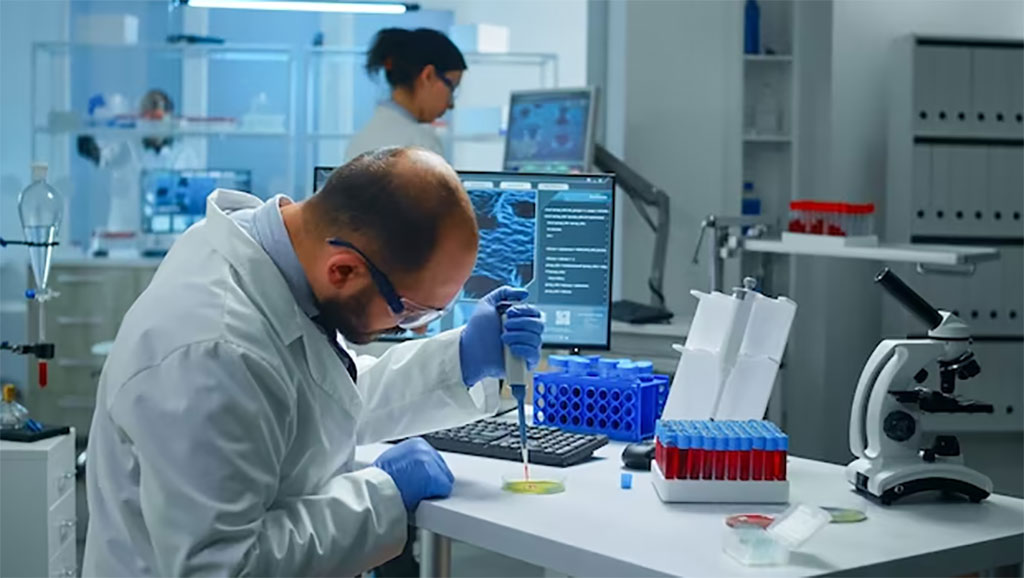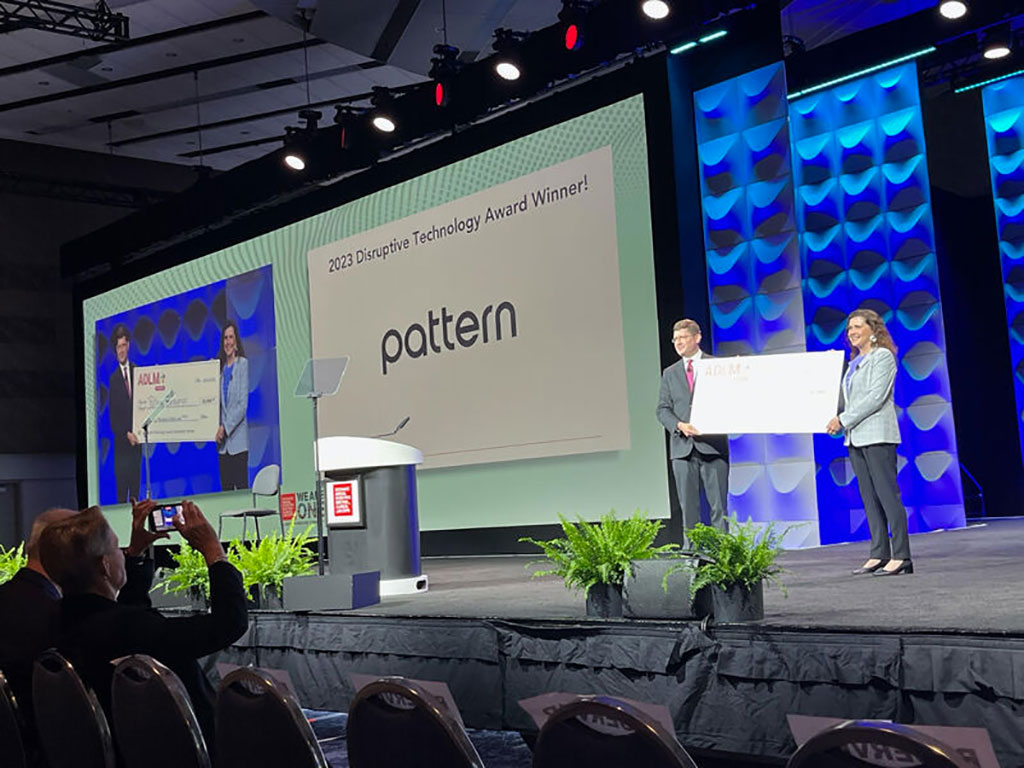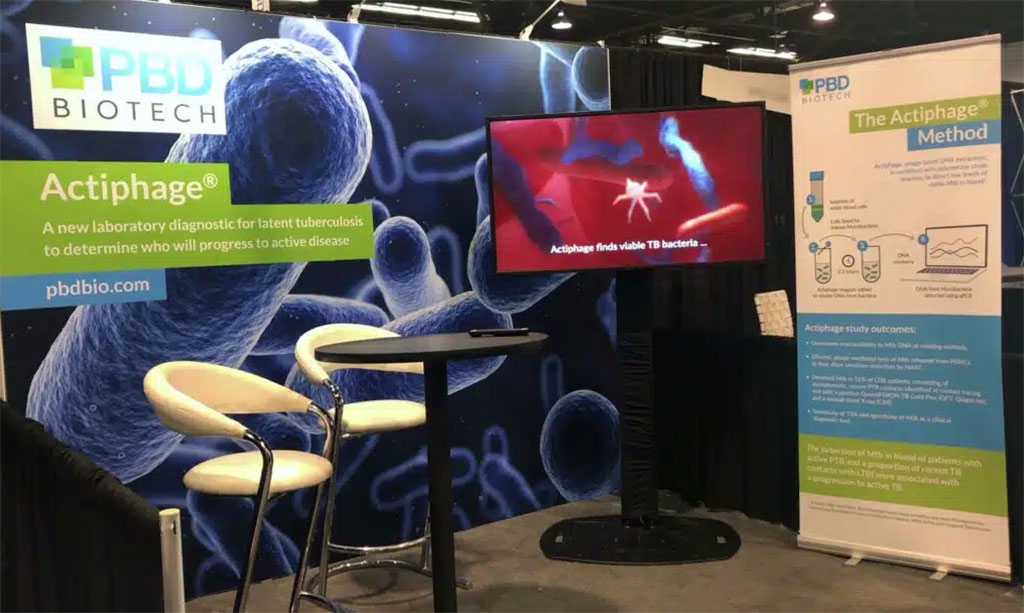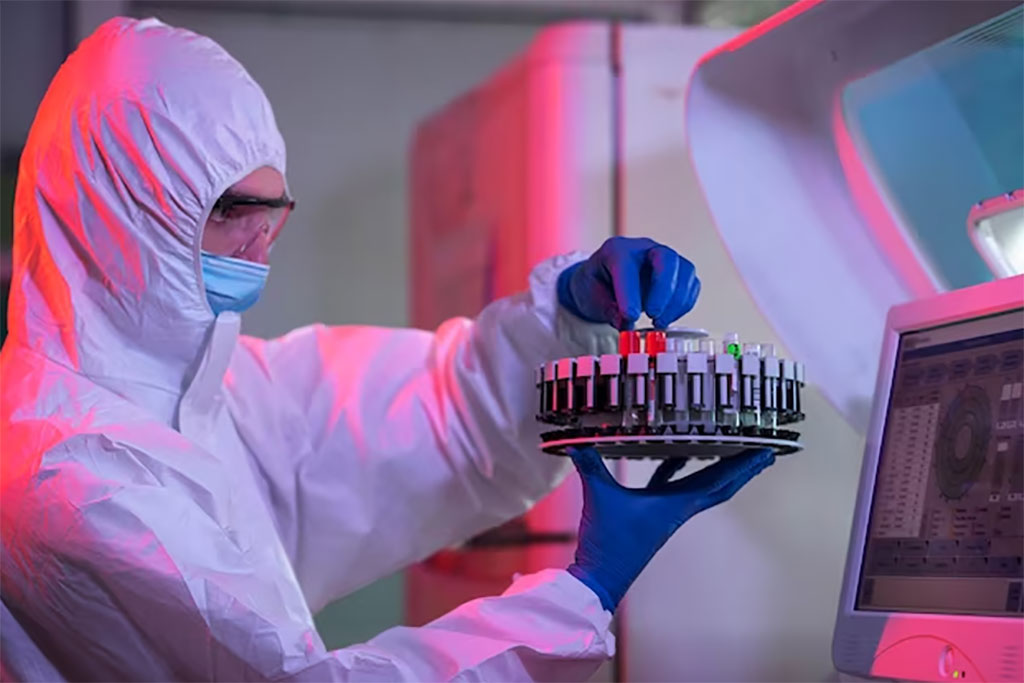Laboratory Experts Show How They Are Leading the Way on Global Trends
Posted on 27 Jul 2023
As the healthcare sector and technology continue to progress, various initiatives are emerging worldwide to meet the needs of the dynamic landscape. At the "Emerging Trends in Laboratory Medicine: Excellence from the Global Community" session at AACC 2023, moderated by ADLM President Shannon Haymond, Ph.D., three global lab experts shared their knowledge and insights on several trending topics: pandemic readiness, environmental sustainability, and machine learning.
Heungsup Sung from the University of Ulsan College of Medicine (Seoul, Republic of Korea) began the session by discussing necessary measures to prepare for future outbreaks of novel or variant infectious diseases. He highlighted how the cooperation and preparedness between the private and public sectors in Korea during the MERS outbreak in 2015 played a critical role in forming response strategies and guidelines for other infectious diseases. This preparedness laid the groundwork for Korea's rapid response at the onset of the COVID-19 pandemic and aided in reducing mortality rates.

Next, Katherine Hayden, president of the Association for Clinical Biochemistry and Laboratory Medicine (ACB, London, UK), focused on the role of appropriate test utilization in efforts to achieve environmental sustainability. While many laboratorians are aware of the negative impact of poor test utilization on patient outcomes and healthcare costs, they may fail to realize that improper test utilization can also harm the environment. Hayden pointed out that labs contribute 2% of single-use plastics worldwide and generate massive carbon emissions. She outlined various opportunities across all stages of the testing process for labs to enhance utilization and cut down on waste, while sharing strategies to reform lab practices and support sustainability.
In the final segment of the session, ADLM Past President Stephen Master from the Children's Hospital of Philadelphia (Philadelphia, PA, USA) offered advice on employing machine learning in the clinical laboratory. Given the sheer volume of data produced by clinical labs, artificial intelligence and machine learning hold substantial promise for deriving valuable insights that could revolutionize laboratory medicine. However, it's crucial that laboratorians familiarize themselves with best practices for implementing these systems as machine learning tools become increasingly accessible. Master provided several useful resources that lab professionals can refer to for machine learning applications, including a new guidance document developed and published by an IFCC working group.
In order to remain at the forefront of innovation, the laboratory community must adopt new initiatives and be prepared to adapt to evolving situations. The wide-ranging and insightful experiences shared by the session's speakers on pandemic readiness, test utilization and sustainability, and machine learning applications, was well encapsulated by Sung: “The collective knowledge gained from past experiences should serve as a foundation for building a resilient healthcare system capable of effectively addressing future challenges.”
Related Links:
University of Ulsan College of Medicine
ACB
Children's Hospital of Philadelphia













